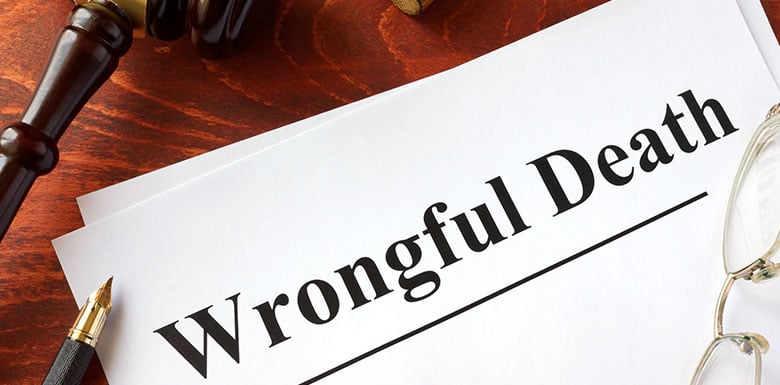
No one ever expects to suddenly lose a loved one or relative. A loved one’s death, especially when it is caused by someone else’s negligence, recklessness, or intentional misconduct is difficult to deal with. If you are mourning the passing of a loved one, and you believe another person or business is at fault, contact the Texas wrongful death attorneys at The Law Giant, Personal Injury & Accident Lawyers.
Under state law, certain members of a decedent’s family can file a wrongful death claim. At The Law Giant, Personal Injury & Accident Lawyers, we can answer your questions on what the process entails. To schedule a free consultation, contact The Law Giant at (866) 523-4167.
Understanding Wrongful Death Claims in TX
Chapter 71 of the Texas Civil Practice and Remedies Code outlines wrongful death claims. Under this statute, certain individuals can sue for damages when a loved one dies from an injury that was caused by another person’s “wrongful act, neglect, carelessness, unskillfulness, or default.” This means that a wrongful death claim exists if your loved one died due to someone else’s negligence. Examples include drunk driving or distracted driving accidents, medical malpractice, defective products, industrial accidents at factories or construction sites, and more.
Who Can File Wrongful Death Claims in the State of Texas?
Under Texas law, only the surviving spouse, children, and parents of a decedent can file a wrongful death lawsuit.
Surviving Spouse
- The surviving spouse can file a claim for wrongful death if the marriage was formal or by common-law.
- A spouse can file a claim even if the couple was separated when one of them was killed, or if the surviving spouse re-married after the other’s death.
Surviving Children
- Biological children and legally-adopted children can file a wrongful death lawsuit. Adopted children, however, cannot file a claim for their biological parents.
- Adult children are allowed to file a wrongful death claim.
Surviving Parents
- Biological parents, as well as those who legally adopted a child, can file a wrongful death suit.
- Divorced parents can file a claim.
- Parents who formally adopted a child may also file a Texas wrongful death claim.
Wrongful death lawsuits must be filed within two years of the decedent’s death. If the surviving spouse, children, or parents do not bring an action within three months of the passing, however, the executor or personal representative of the decedent’s estate may do so. The only potential roadblock to this option is if all of the surviving beneficiaries request that the claim not be filed.
Who Cannot File a Wrongful Death Claim in Texas?
Texas law limits the statutory beneficiaries in wrongful death claims to surviving spouses, children, and parents of the decedent. This means that siblings, grandparents, and other relatives cannot file wrongful death claims. Additionally, a long-term boyfriend or girlfriend who was not in a formal or common-law marriage with the decedent cannot file a claim.
Stepparents and foster parents cannot bring wrongful death claims. Additionally, stepchildren that are not legally adopted cannot file wrongful death lawsuits.
Contact a Texas Wrongful Death Attorney for Help
Losing a loved one is one of the most difficult parts of life. At The Law Giant, Personal Injury & Accident Lawyers, our Texas wrongful death attorneys know this, and can provide assistance if your spouse, son or daughter, or parent has died from an injury that was caused by someone else’s negligence or reckless actions.
To learn about filing a wrongful death claim in TX, call The Law Giant, Personal Injury & Accident Lawyers right away. To schedule a free case consultation with The Law Giant, call us today at (866) 523-4167, or reach out via our online form.
